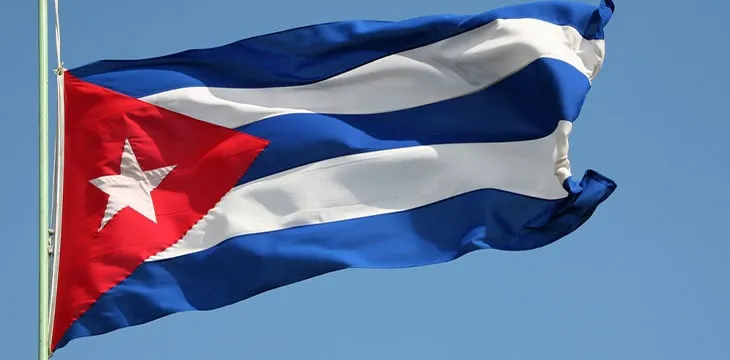|
Getting your Trinity Audio player ready...
|
The Republic of Cuba is rolling out its long-awaited digital currencies regulations. The Central Bank of Cuba (BCC) has stated that it will begin issuing licenses for digital assets service providers in the country.
In a Spanish language resolution published via the state-run Gaceta Oficial, the BCC revealed that the license will be available to all Cubans, legal residents of Cuba, and organizations. The resolution will enter into force 20 days after its publication.
Digital assets service providers that apply for and get the license will be allowed to deal with only assets approved by the BCC. The resolution did not provide details of these digital assets. However, it noted that the assets do not include digital assets that are already regulated by other of the BCC’s provisions.
“[Virtual assets] do not include digital representations of fiat currency, securities and other financial assets widely used in traditional banking and financial systems, which are regulated in other provisions of the Central Bank of Cuba,” an excerpt of the statement said.
The resolution also laid down that licensed operators will not be able to cease their activities without authorization from the central bank and must keep accounting records according to the Ministry of Finance and Prices standards.
On application, the BCC will approve or deny operators the license within 90 days. The license will also be valid for one year after which it has to be applied for again. Penalties will also apply to service providers who operate without a license or violate the terms of the resolution according to Decree 363.
Digital currencies are helping the Cuban economy
The Caribbean country’s latest resolution is a follow-up to one it passed last August. Resolution 215, as the government named it, stipulated that Cuba now recognizes digital currencies for use as a means of paying for goods and services.
The resolution was chiefly made for reasons of socio-economic interest the government said at the time. This is because digital currencies have the potential to help the country, which has been under strict sanctions for its use, access the international market.
The government also stated that it hopes to safely integrate digital assets into its system, even as many observers lauded the historic move.
Despite the volatility of the market, experts have noted that Cubans have been flocking to digital currencies. Per a Reuters report, shipping online and receiving cross-border remittance with digital currencies has been popular in Cuba since 2019.
Watch: CoinGeek New York panel, Future of Digital Asset Trading & Financial Services

 07-05-2025
07-05-2025 





